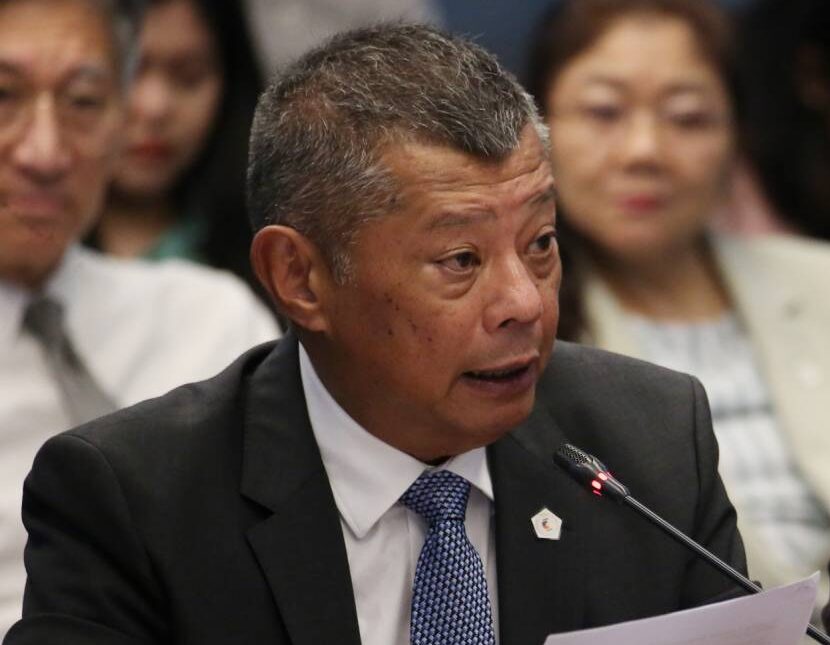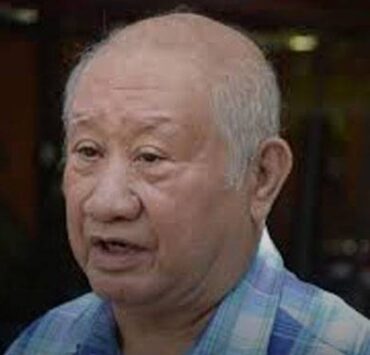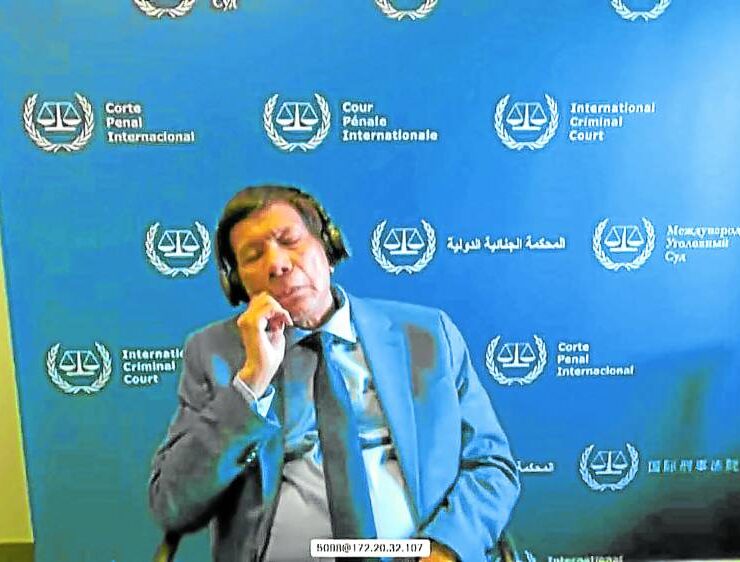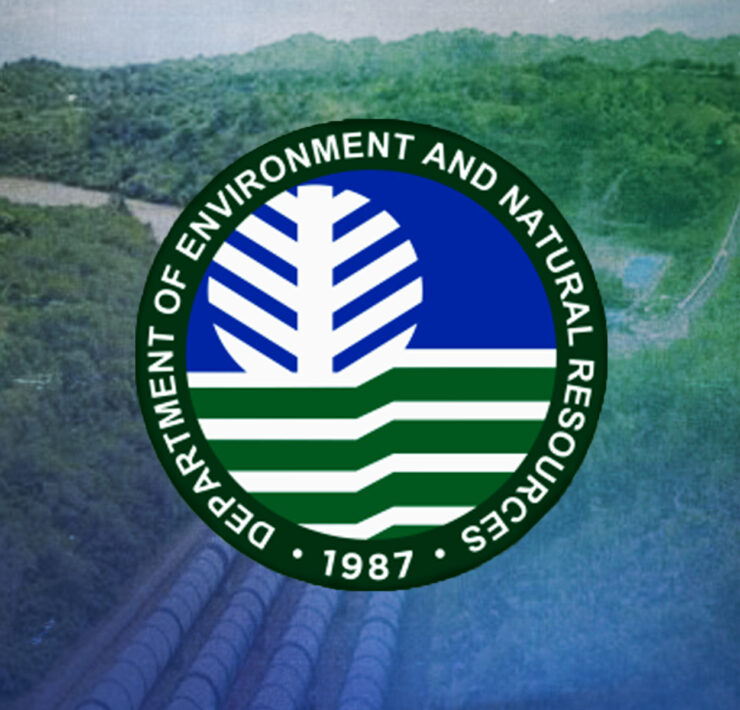Remulla to undo SALN restrictions put by Martires

Newly installed Ombudsman Jesus Crispin Remulla on Friday said he would institute reforms so his office could stay true to its role as antigraft watchdog, giving early signals that he would reverse some of his predecessor’s controversial policies.
The reforms include making public the statements of assets, liabilities and net worth (SALNs) of public officials and subjecting them to lifestyle checks.
However, he mentioned certain conditions before the document is released, including a possible “information sharing” agreement with members of the press who would need the SALN for producing investigative reports.
“I want to open this office to the public. We are supposed to be the ‘sumbungan ng bayan, (public complaint center),’” Remulla told reporters at a press conference.
The former justice secretary said the SALNs of former President Rodrigo Duterte, President Marcos and Vice President Sara Duterte would be among those that could be accessed beginning next week.
He also said he was “open” to the possibility of making SALNs dating back to 2016 available for scrutiny.
“This is public information that we’re looking for. We are talking about transparency here, so let’s go all the way,” he said.
Memorandum
Remulla said he would issue a memorandum next week, possibly on Oct. 15, that would reverse restrictions placed by former Ombudsman Samuel Martires.
He, however, emphasized that there had to be “requesting parties” for an official’s SALN and that there should be an “undertaking” in making these requests.
“They (SALNs) could be weaponized. There should be an undertaking when someone requests a SALN,” he explained.
On Tuesday, shortly after his appointment as the new Ombudsman was announced by Malacañang, Remulla said he was also considering an arrangement with the media especially in cases where SALNs would be used for investigative reports.
“What’s the reason for requesting the SALN? If it’s for investigative journalism, maybe the findings can be shared, exactly all the findings should be shared with the Office of the Ombudsman also, so (we’re) not left in a lurch, not left in a void … In releasing information, we (also) get information,’’ he said.
Remulla again floated the idea on Friday: ‘When you have that article and you discover facts … It’s about information sharing, after all. You want information, okay; but you give me information also.”
He also raised the possibility of redacting certain details from the copies of the SALNs cleared for release, to accord due privacy to the officials’ personal matters.
Restricted release
Remulla said he also intended to tap the public’s assistance in conducting lifestyle checks through “crowdsourcing of information.”
“We will open a line for that,” he said, adding the process would be fine-tuned and “old-timers” in the government would be consulted before releasing the memo.
SALNs were available on request to any member of the public during the time of former Ombudsman Conchita Carpio Morales, subject to guidelines similar to what Remulla stated.
But access was restricted in September 2020 when Martires issued Memorandum Circular No. 1.
Under the memo, SALNs were only to be released if the request was made by the government official concerned, or his or her representative; if it was legally ordered by the court in relation to a pending case; and if it was made through the Office of the Ombudsman’s field investigation office for the purpose of a fact-finding probe.
“In the absence of compliance with any of these provisions, we are not going to release the SALN, no matter how much criticism I will receive, even if I will be bashed, even if I will be removed from office,” Martires said in defense of his memo, during a House budget hearing in September 2021.
Right to know
He cited Republic Act No. 6713, or the Code of Conduct and Ethical Standards for Public Officials and Employees, which he said disallows even journalists from commenting on SALNs.
Martires was referring to the law’s Section 8(D), which states that it is prohibited to use the SALN for “any purpose contrary to morals or public policy” and “any commercial purpose other than by news and communications media for dissemination to the general public.”
However, Section 8 of the same law states that “the public has the right to know” the SALNs of public officials and employees, including their financial and business interests.
Section 8(C) (4) on the disclosure of SALN further states that “[a]ny statement filed under this Act shall be available to the public for a period of ten (10) years after receipt of the statement.”
Martires also pushed for tough penalties, including jail time of five years on anyone who would comment on SALNs of government officials and employees, claiming that these public documents were being weaponized to destroy people’s reputations.
He said he himself became a “victim” of “unfair” reporting on his SALN in 2018.
Hard-line stance
It was then reported that his wealth grew by P15.3 million in his first five months in office as Ombudsman. He did not reply to the Inquirer’s request at the time to explain the changes in his SALN. He later told reporters that the money largely came from his retirement and other benefits from the Supreme Court.
Martires drew heavy criticism for the restrictions but stood his ground, saying “yielding to public opinion is not part of my job description.”
The issue became controversial also because then President Duterte himself had not released his SALN to the public since 2018.
“I really do not know what is the purpose of these people asking for the SALN of the President, specifically, and the Vice President. What is in those offices? Is it only the President and Vice President who’s capable of corruption? Isn’t corruption starting in the grassroots, from the ranks of the clerks?” Martires said. —WITH A REPORT FROM INQUIRER RESEARCH





















